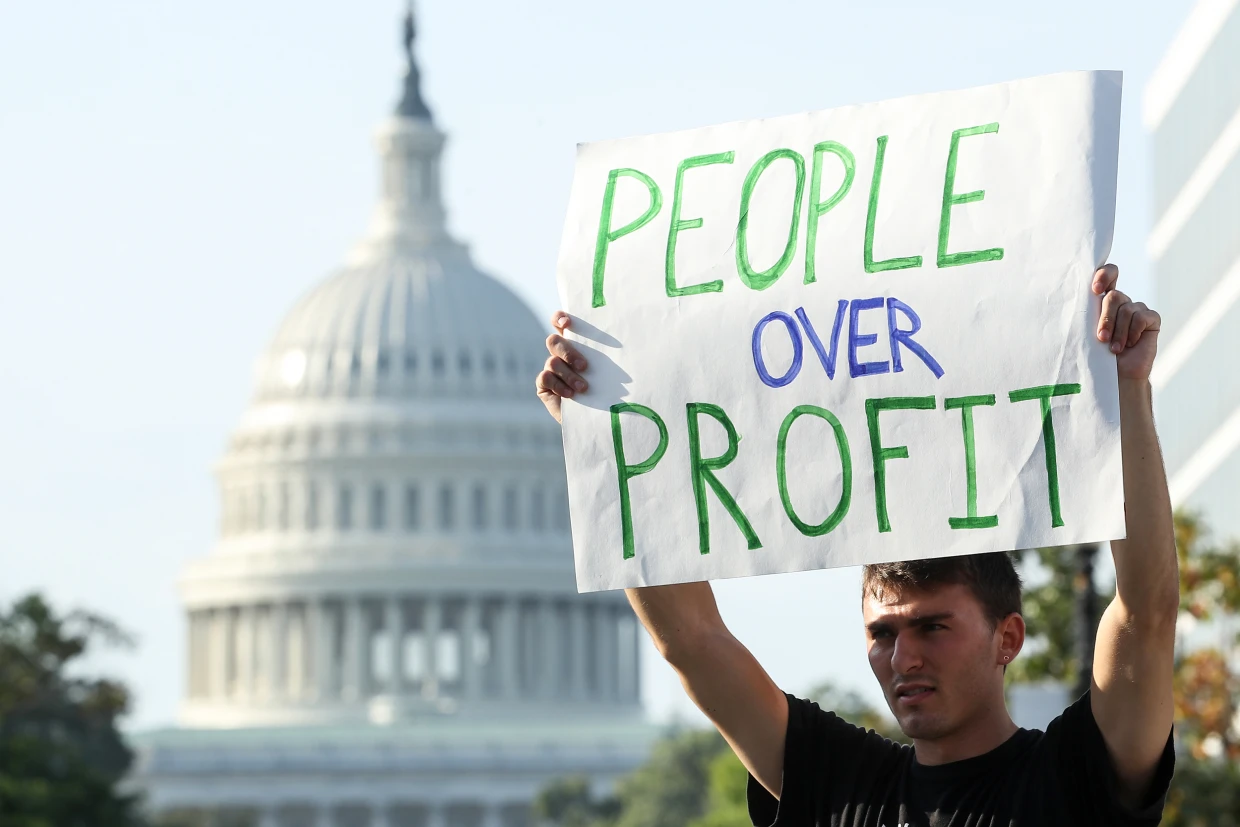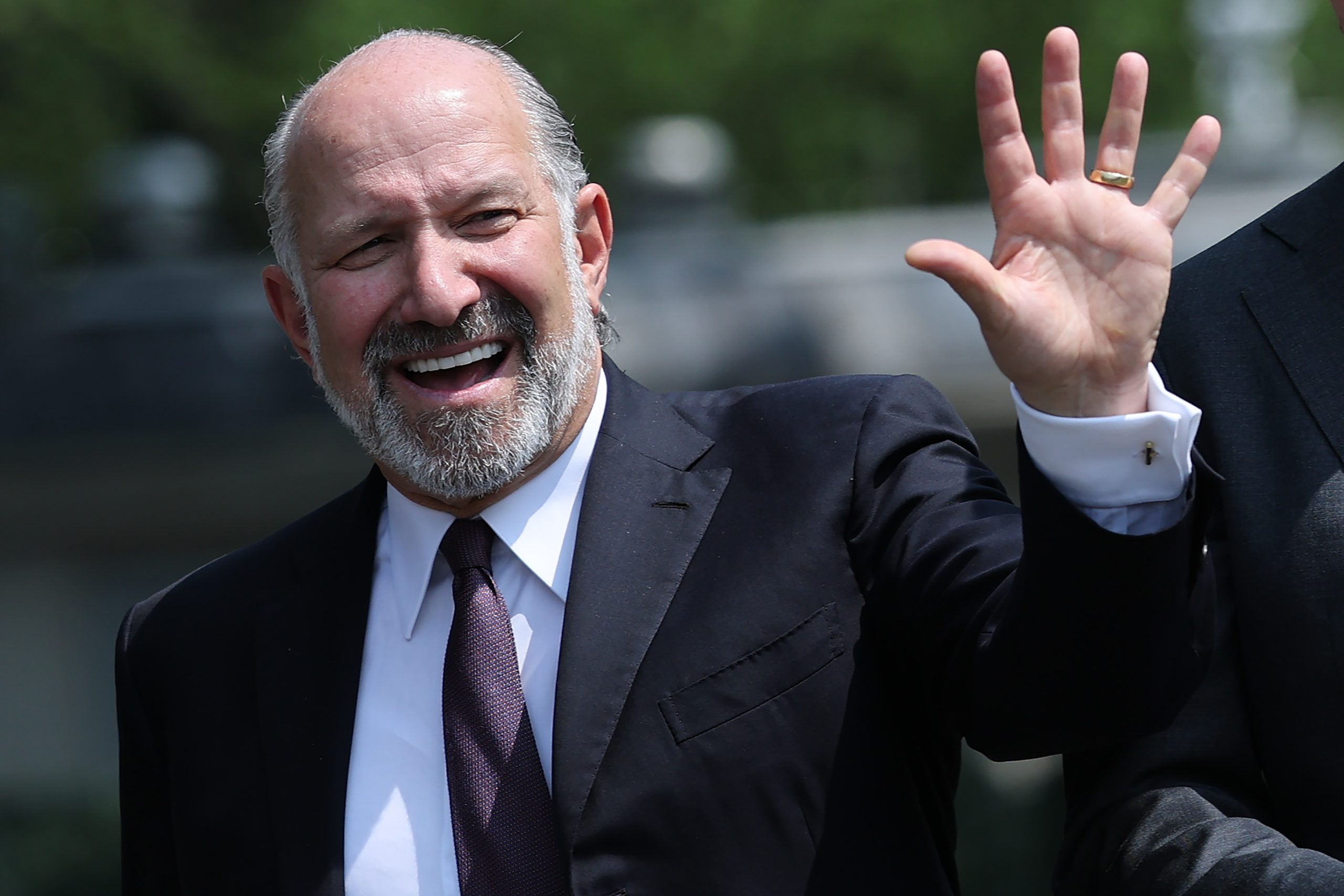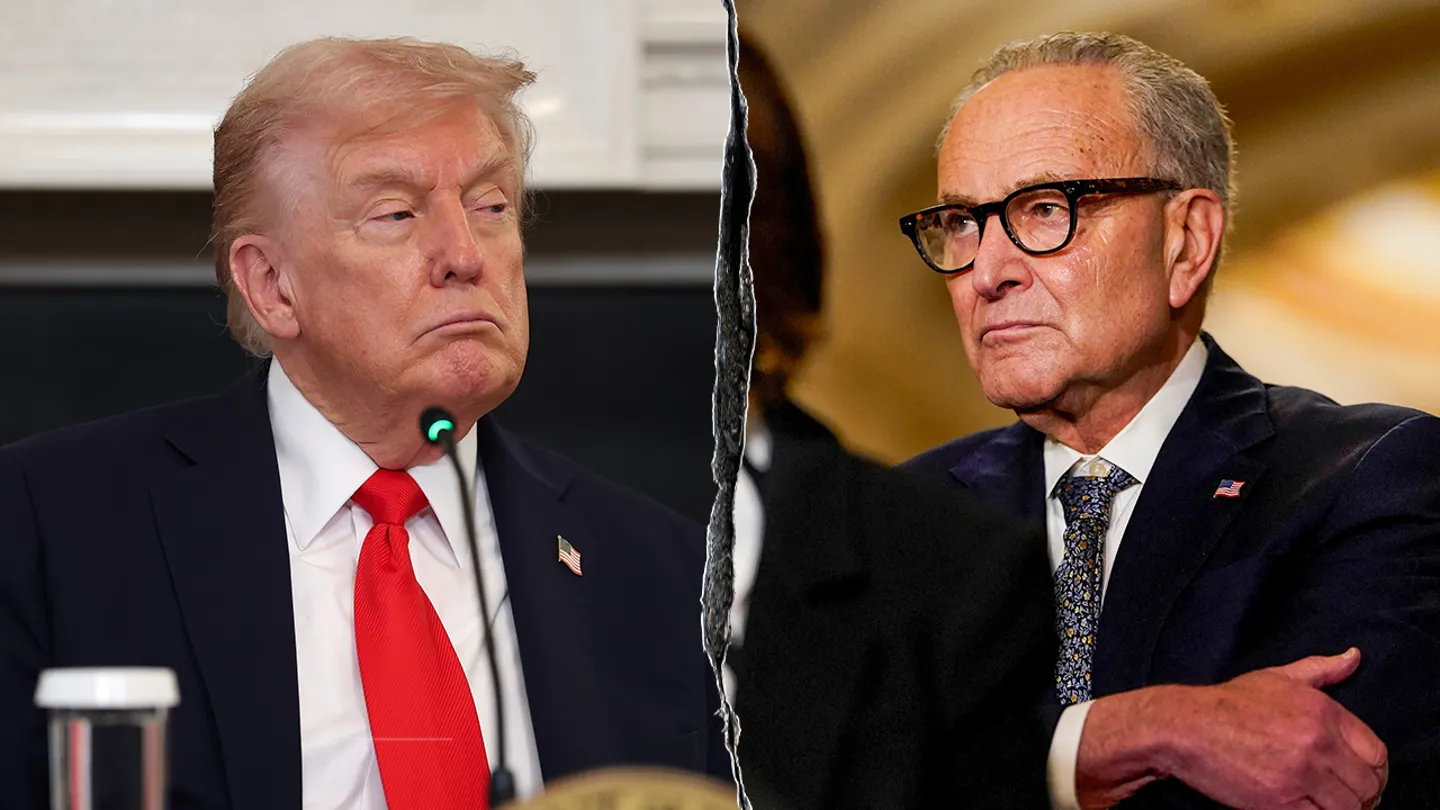A growing wave of public pension administrators, business groups and labor unions are sending a message to Republicans looking to curb so-called “woke” investing: our money, our choice.
Regulatory efforts to stop money from going to funds that consider environmental, social and governance issues, commonly known as ESG investing, have typically targeted big Wall Street asset managers. Now, public pensions are increasingly caught in the crosshairs and with them the retirement funds of teachers, librarians, firefighters and other public service employees.
But while opponents of the anti-ESG restrictions are getting louder, their dissent hasn’t yet stopped the tide.
ESG investing — a market forecast to hit $33.9 trillion globally, or more than one-fifth of all assets under management, by 2026 — remains loosely defined, and some proponents have resisted regulatory efforts to tighten criteria around what qualifies for the label. Nevertheless, many conservatives have decried the practice as part of an activist liberal agenda and are pushing to limit it.
At least seven red states have implemented or are considering regulations banning public entities from considering ESG factors when investing state resources, according to a Harvard University report. Eight states have advanced bills or directives that target companies or banks accused of boycotting investments in oil and gas or firearms.
In Indiana, Texas and Kansas, Republicans have introduced bills that would prohibit ESG investing by state retirement systems, drawing fresh blowback from labor groups and others.
“These states talk about limited government, the free market, and now are using government regulations and legislation to actually curtail the responsibilities and the fiduciary obligations of retirement systems,” said Randi Weingarten, the president of the American Federation of Teachers, which boasts some 1.7 million members. “They are using the government to intrude upon and undermine the needs of retirees.”
Public pension assets in the United States total some $5.2 trillion, according to data from both the National Association of State Retirement Administrators and the Federal Reserve. Industry watchers say limited public information, among other factors, makes it difficult to estimate how much of those funds are invested in ESG-related products.
However, state and municipal pension funds have shown strong support for ESG investing, backing resolutions in favor of the practice about 90% of the time in 2021, compared with 63% among general shareholders, Morningstar researchers found last summer.
Whether ESG investments advance the goals under which they’re marketed has been debated for years. For example, some major asset managers with substantial pension holdings, such as BlackRock, continue to invest in fossil fuel companies while also advocating publicly on behalf of ESG investing.
That has drawn criticism from anti-ESG conservatives, as well as from its proponents who want tighter and more standardized criteria. In his annual letter to shareholders last week, BlackRock CEO Larry Fink omitted the term “ESG” altogether and treaded lightly around climate and energy policies, while acknowledging, “For years now, we have viewed climate risk as an investment risk. That’s still the case.”
“But as I have said consistently over many years now,” he wrote, “it is for governments to make policy and enact legislation, and not for companies, including asset managers, to be the environmental police.”
According to Lisa Sachs, director of the Columbia University Center on Sustainable Investment, ESG investing doesn’t automatically guarantee sustainability — and its critics tend to misrepresent the practice for political reasons.
“The anti-ESG movement is a political show because it’s creating an enemy when there isn’t one, in order to appear defensive of the fossil fuel industry,” she said.
This month in Texas — the center of the U.S. oil and gas industry — Republican state Sen. Bryan Hughes proposed adding pension funds to the list of entities already barred from considering social, political or ideological factors when making fiduciary decisions.
The state passed a law in 2021 requiring the comptroller to maintain a list of public companies and funds that have engaged in alleged boycotts of energy companies. It requires all state entities to divest from the listed financial institutions or funds, which include certain banks that underwrite municipal bonds.
Criteria for the list include scoring high on indicators that describe engagement from board members on climate risk. BlackRock is on the list, despite publicly emphasizing that it has invested $170 billion in U.S. public energy companies.
BlackRock referred a request for comment to Fink’s letter.
As Sachs sees it, the energy transition is underway with or without ESG investing, and legislators who blacklist businesses involved in the practice are only hurting their own economies. She said that limiting the pool of investment options available to pension funds can increase the costs and lower the returns for retirees.
“It’s the firefighters and the municipal workers who are really going to see the financial impact on their pension funds, as a result of constraints on financial institutions and options,” she said.
Rick Levy, president of the Texas AFL-CIO labor union, said legislators are playing politics with working people’s money. “It’s extremely upsetting that state leaders are taking aim at investment companies trying to maximize returns for their shareholders — by turning it into a political event that negatively impacts our pensions.”
The partisan rhetoric may be overstating the policy impacts. As researchers at S&P Global Market Intelligence wrote in October, many states that banned retirement funds from ESG investments hadn’t yet implemented those rules, limiting the practical impact on fund managers’ activities.
Still, several state research agencies have flagged potentially substantial costs to pensioners from the proposed restrictions on ESG investing.
In late February, the Republican-led Indiana House approved a bill that would require the Indiana Public Retirement System and the Indiana State Police Pension Trust to divest from any ESG funds and cease business with offending companies.
Weeks earlier, the Indiana Legislative Services Agency, a nonpartisan government office, had published an analysis concluding ththe bill could cut investment returns for retirees by $6.7 billion over the next decade, a finding that fueled opposition to the legislation.
The Indiana Chamber of Commerce, a business group that has long maintained friendly ties with Republican lawmakers, came out against the measure. “We’ll continue to voice our strong opposition to House members as well as key senators,” the group tweeted after the cost analysis was released.
Indiana Chamber CEO Kevin Brinegar said he has heard concerns from several members, many of whom are in the banking industry. He added that the chamber has always believed markets should function with minimal government interference.
State Rep. Ed DeLaney, a Democrat who opposes the legislation, described ESG investing as a critical tool for weighing the full set of potential risks to the performance of certain assets.
“The fundamental proposition is that our pension should not be invested in the most productive way, to get the best return at the lowest risk — but instead should be invested in a way to protect certain favored industries,” he said.
A spokesperson from the Indiana Public Retirement System said it doesn’t consider ESG factors in its investment decisions, adding that “INPRS has and will continue to engage with the Indiana General Assembly on any financial impacts created by HB 1008 and work toward a solution.”
Indiana’s bill echoes similar legislation in Kansas, where GOP state senators recently proposed the Kansas Protection of Pensions and Businesses Against Ideological Interference Act. A state-issued impact statement found that the measure could cost the Kansas Public Employees Retirement System as much as $3.6 billion in returns over the next 10 years. The state retirement system has pushed back against it.
And in Kentucky, a law passed last year that requires the state treasurer to maintain a list of companies that allegedly boycott energy companies drew pushback from the Kentucky County Employees Retirement System. In February, the group stated that it would not divest as instructed from ESG holdings, including BlackRock, citing its fiduciary duties to retirees.
Not all state pension funds have been fighting for the right to apply ESG principles. Vermont’s pension commission has raised concerns about Democratic efforts to compel the state’s roughly $6 billion in pension assets to divest from fossil fuels — a category that has seen strong returns after the war in Ukraine drove up energy costs last year.
The ESG battle has been bubbling up in Washington, too. On Thursday, the House failed to override President Joe Biden’s first veto, in which he blocked a bipartisan bill that would have nullified Labor Department rules permitting some retirement plans to consider ESG factors
Retirement funds for teachers and firefighters
are caught in ESG crossfire




